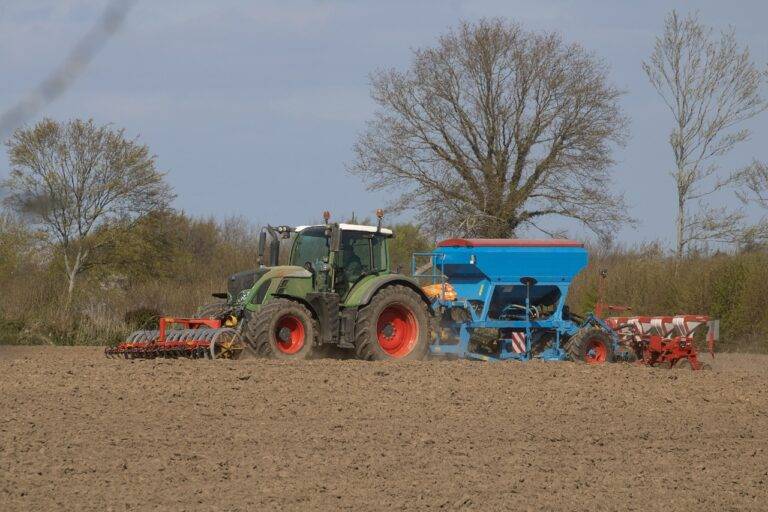The Impact of Agribusiness on Climate-smart Agriculture: Laser 247 book, Silverexch com, 11xplay
laser 247 book, silverexch com, 11xplay: The Impact of Agribusiness on Climate-smart Agriculture
In recent years, the impact of agribusiness on climate-smart agriculture has become a topic of great importance. As the world grapples with the effects of climate change, it has become increasingly clear that the way we produce food needs to change. Agribusiness, with its massive influence on the food system, has a significant role to play in this transition.
Agribusiness refers to the industry involved in the production, processing, and distribution of agricultural products. This industry encompasses a wide range of activities, from large-scale farming operations to food processing companies to agricultural input suppliers. The decisions made by agribusinesses have a profound impact on the environment, as agriculture is a major contributor to greenhouse gas emissions.
One of the key ways in which agribusiness can help promote climate-smart agriculture is by investing in sustainable farming practices. This can include the adoption of conservation tillage techniques, the use of cover crops to reduce soil erosion, and the implementation of precision agriculture technologies to optimize inputs. By investing in these practices, agribusinesses can help reduce the environmental impact of farming while also improving the resilience of the food system to climate change.
Another important aspect of climate-smart agriculture is the promotion of agroforestry and agroecology practices. Agroforestry involves the integration of trees and shrubs into agricultural landscapes, which can help sequester carbon dioxide from the atmosphere and improve soil health. Agroecology focuses on building resilient farming systems that work with nature rather than against it, reducing the need for chemical inputs and promoting biodiversity.
By integrating these practices into their operations, agribusinesses can help reduce their carbon footprint and promote sustainable land management practices. Additionally, agribusinesses can play a role in promoting climate-smart supply chains by sourcing products from farmers who use sustainable practices and by investing in research and development to develop innovative solutions to climate change.
Despite the potential benefits of climate-smart agriculture, there are challenges that agribusinesses must overcome in order to fully embrace these practices. One major challenge is the high cost of implementing sustainable farming practices, which can be a barrier for small and medium-sized farmers. Agribusinesses can help address this challenge by providing financial incentives and technical assistance to farmers looking to adopt sustainable practices.
Furthermore, there is a need for greater collaboration and coordination between agribusinesses, governments, and civil society organizations to promote climate-smart agriculture on a larger scale. This can involve sharing best practices, coordinating research and development efforts, and advocating for policies that incentivize sustainable farming practices.
In conclusion, agribusinesses have a significant role to play in promoting climate-smart agriculture and mitigating the effects of climate change on the food system. By investing in sustainable farming practices, promoting agroforestry and agroecology, and collaborating with other stakeholders, agribusinesses can help build a more resilient and sustainable food system for future generations.
FAQs
Q: What is climate-smart agriculture?
A: Climate-smart agriculture refers to farming practices that are sustainable, resilient, and socially responsible. These practices aim to mitigate the effects of climate change on agriculture while also providing livelihood opportunities for farmers.
Q: How can agribusinesses promote climate-smart agriculture?
A: Agribusinesses can promote climate-smart agriculture by investing in sustainable farming practices, promoting agroforestry and agroecology, and collaborating with other stakeholders to build a more resilient food system.
Q: What are some challenges to implementing climate-smart agriculture?
A: Some challenges to implementing climate-smart agriculture include the high cost of sustainable farming practices, the need for greater collaboration and coordination, and the lack of incentives for farmers to adopt sustainable practices.
Q: Why is climate-smart agriculture important?
A: Climate-smart agriculture is important because it can help mitigate the effects of climate change on the food system, improve soil health and biodiversity, and provide livelihood opportunities for farmers.







